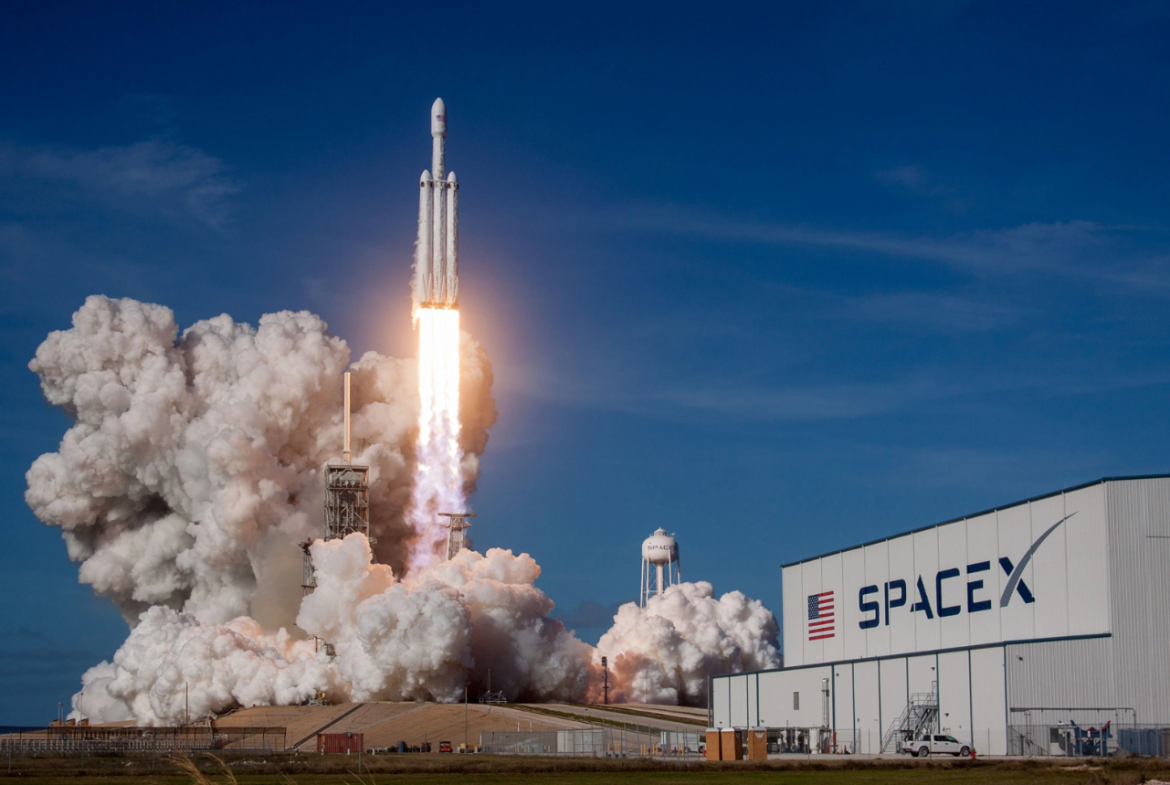The U.S. Department of Defense has announced a significant decision to include Jeff Bezos’ Blue Origin, Elon Musk’s SpaceX, and the Boeing-Lockheed joint venture United Launch Alliance (ULA) in its upcoming national security space missions. These companies will compete for missions under a lucrative USD 5.6 billion award program aimed at launching some of the country’s most sensitive military and intelligence satellites into space.
Broadening the playing field
The Pentagon’s decision marks the initial selections under the National Security Space Launch Phase 3 procurement program. This program represents a multibillion-dollar competition among U.S. rocket companies vying for the opportunity to conduct launches over the next decade. The Pentagon aims to stimulate more competition within the U.S. launch sector by broadening the range of participating companies.
Expanding beyond phase 2
Since 2020, SpaceX and ULA have been the primary launch providers for the Pentagon under the Phase 2 program. ULA was awarded 60% of all Pentagon missions through 2027, with SpaceX handling the remaining 40%. However, with Phase 3, the Pentagon seeks to include a more diverse array of companies, reflecting the growing landscape of the U.S. launch sector.
Blue Origin’s entry
Blue Origin’s selection marks a significant milestone for Jeff Bezos’ rocket company, which has long sought to enter this competitive arena. Blue Origin aims to bring its giant New Glenn rocket to market and enhance its competitive standing against SpaceX. The inclusion of Blue Origin indicates the Pentagon’s desire to foster innovation and competition among U.S. rocket companies.
SpaceX’s continued dominance
SpaceX’s partially reusable Falcon 9 rocket has already established itself as a leader in the launch industry. Meanwhile, SpaceX is also focused on its next-generation Starship rocket, a fully reusable launch system that Elon Musk envisions as crucial for human spaceflight and large satellite deployments.
ULA’s transition
As United Launch Alliance (ULA) prepares for the retirement of its workhorse Atlas 5 rocket, the company’s next-generation Vulcan rocket is set to become its primary launcher. The Vulcan rocket, which first launched this year, is currently undergoing certification for Pentagon missions. Its next mission, a critical step for certification, has been delayed but is expected to launch later this year.
Funding allocations
The Pentagon’s Phase 3 program is divided into two categories: Lane 1 and Lane 2. Lane 1, which was the focus of Thursday’s announcement, allows more novel or specialized rockets to undertake national security missions with less stringent requirements. Blue Origin received $5 million to assess how it will meet the Pentagon’s launch requirements, while SpaceX and ULA, with more established credentials, each received $1.5 million.
Lane 2, with awards expected in the autumn, will select three companies whose rockets can meet a broader array of national security mission requirements. This indicates that more experienced players like SpaceX and ULA will likely be strong contenders for these awards.
Stimulating competition
The Pentagon’s move to include additional companies in its national security space missions reflects a strategic effort to stimulate competition and innovation within the U.S. launch industry. By diversifying the pool of eligible companies, the Pentagon hopes to drive advancements in launch technology and ensure reliable access to space for critical military and intelligence operations.
This strategic shift underscores the Pentagon’s commitment to maintaining U.S. leadership in space while fostering a competitive and dynamic launch industry. As the competition unfolds, it will be interesting to see how these companies leverage their unique strengths to secure and execute these vital national security missions.



